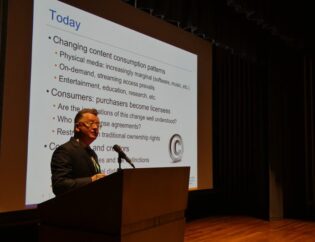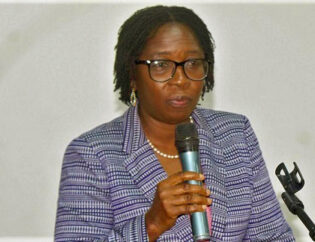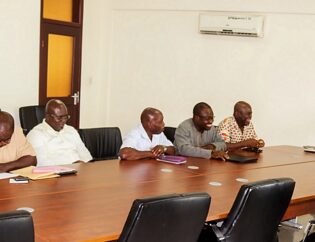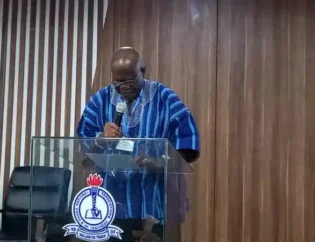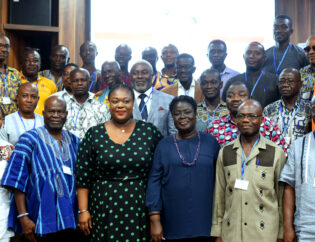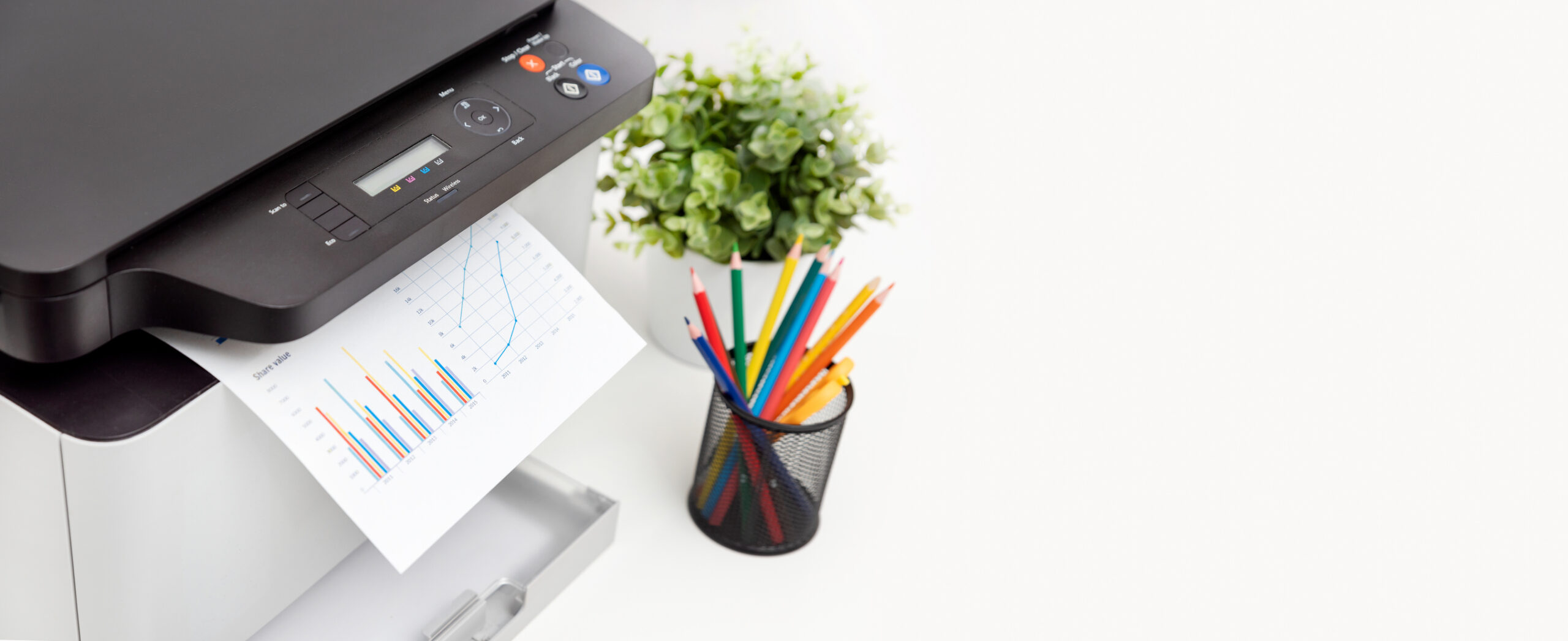
COPYGhana, a reprographic rights organization, says all educational institutions and other outfits that engage in or authorize mass photocopying on their campuses are required to sign a licensing agreement with it and pay the appropriate reprographic fees, in accordance with provisions in the Copyright Act, Act 690.
It said it was becoming increasingly easier and cheaper for students and lecturers to photocopy and download numerous copies of copyright protected literary and printed works due to the rapid technological development people enjoyed nowadays.
?This practice is a serious infringement of the rights of authors/publishers and is liable for prosecution without a licence from the appropriate entity,? a statement signed by the Executive Secretary of CopyGhana, Mr Ben K. Nyadzi, said.
It said sections five and six of the Copyright Act protected holders in the literary industry from unauthorised reproduction of their work and that unauthorised reproduction of literary works included piracy, photocopying and digital copying.
Section 49 of the Copyright Act, it said, made provision for the setting up of collective management organisations by rights owners for the protection and promotion of their economic and moral interests.
CopyGhana was established as a reprographic rights organisation to administer photocopying and digital copying rights in Ghana.
The organisation, which consists of the Ghana Association of Writers, the Ghana Book Publishers Association, the Ghana Association of Visual Artists, the Ghana Journalists Association, the Ghana Union of Professional Photographers, among others, is the only organisation approved by the government to license and collect royalties on photocopying and digital copying.
CopyGhana, which has since 2000 operated as a subsidiary of the Copyright Society of Ghana (COSGA), received a formal certificate of approval from the Ministry of Justice and the Attorney-General?s Department to operate as an independent entity under the Copyright Regulations 2010, Legislative Instrument (LI) 1962.
The statement said it was worrying that the large number of students and teaching staff involved in photocopying and digital copying of copyright protected works and the volume of works they copied on a regular basis throughout the academic year violated and affected the income which would have been earned from the sale of creative works by both local and foreign authors and publishers.
It is in response to the mass photocopying and digital copying, especially in educational institutions, and also as a measure to secure the economic rights of owners that reprographic rights organisations (RROs) have been set up in over 70 countries in the world, including Ghana,? it said.
It said apart from helping to encourage and protect creativity, RROs ensured that photocopying and digital copying took place in a legally controlled environment and there was fairness between the creators and users of literary works.
It said RROs worked by licensing users and user institutions that engaged in mass photocopying and digital copying of literary works against the payment of royalties or reprographic fees and the royalties collected were then distributed to the rights holders.
?It is, therefore, illegal for any institution to engage in mass photocopying and digital copying without a licence from CopyGhana,? it said.
